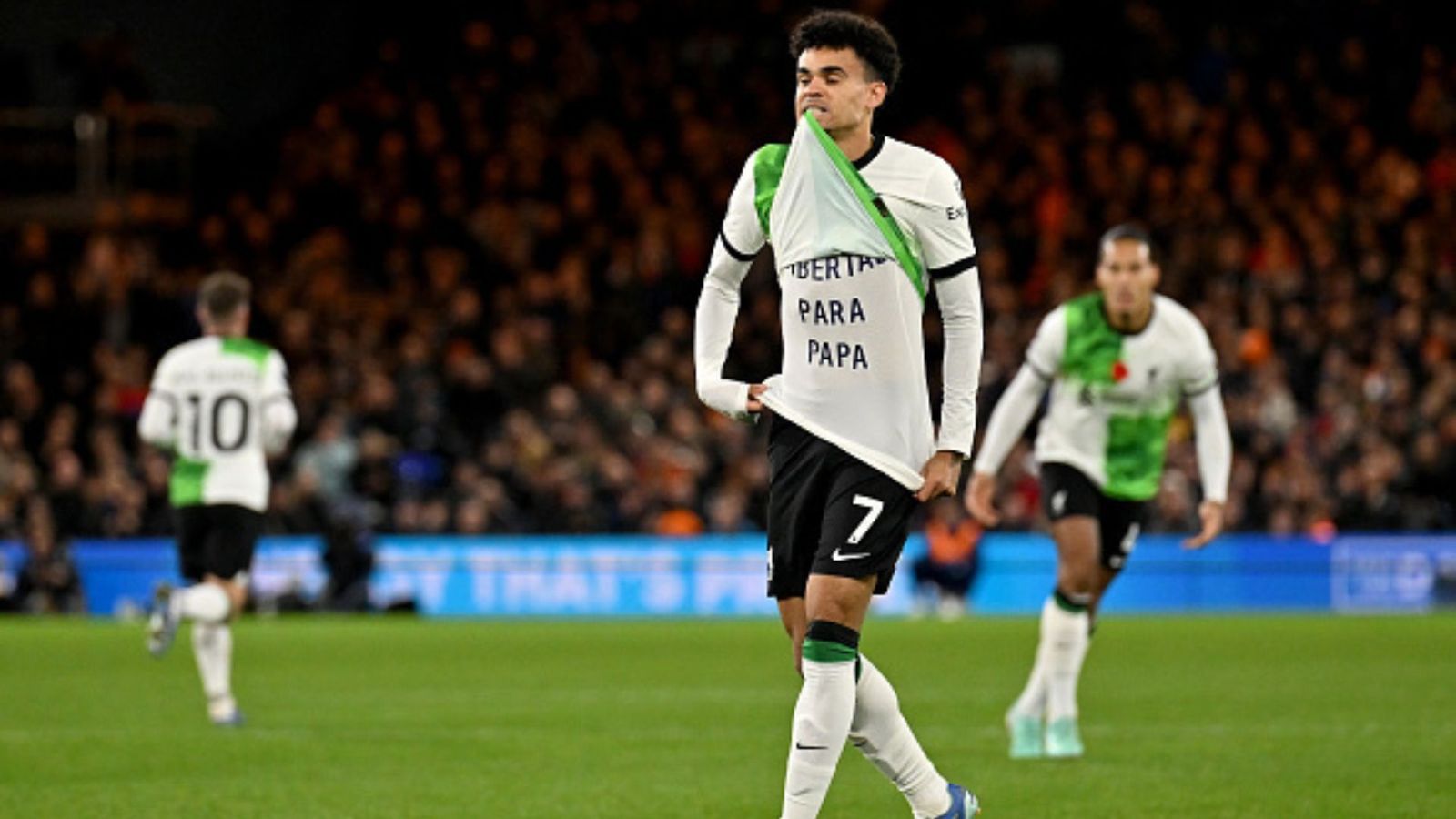The father of Liverpool football star Luis Diaz, Luis Manuel Diaz, was recently released by the National Liberation Army (ELN) guerrillas in Colombia after being held captive for nearly two weeks. This development came amid ongoing peace negotiations between the Colombian government and the ELN, aimed at resolving a conflict that has persisted for six decades, resulting in over 450,000 fatalities.
Peace talks with the ELN, which were reignited last year, faced disruptions following the kidnapping. However, both parties had previously agreed to a ceasefire for six months starting in August. The elder Diaz was abducted on October 28 from Barrancas, a rural area in the northern province of La Guajira.
"Thank you to all the people of Barrancas, to La Guajira and to Colombia for this great support they have given to my family. Thank you all, much love to you all," the soccer star's father said after arriving at his home.
During this harrowing time, Luis Diaz, who is based in England with Liverpool, continued to play but showed his concern by wearing an undershirt with the message "Libertad Para Papa" (Freedom For Dad) in a Premier League game against Luton Town. He notably scored a crucial goal in that match, which ended in a 1-1 draw.
Despite the personal turmoil, Diaz maintained his professional commitments, appearing in Liverpool's starting lineup for their Europa League match against Toulouse in France, though he was substituted out nine minutes before the match concluded, which Liverpool lost 3-2.
"We are delighted by the news of Luis Diaz's father's safe return and we thank all those involved in securing his release," Liverpool said in a statement on social media platform X.
The kidnapping incident initially involved not only Luis Manuel Diaz but also his wife, Cilenis Marulanda, who was released shortly after their abduction.
The Colombian government's negotiations with the ELN are part of broader efforts to engage with various armed groups in the country. However, these talks face challenges, particularly with the ELN's decentralized command structure. Security sources in Colombia, as reported by Reuters in September, anticipate that nearly 40% of ELN fighters might reject a peace agreement and continue armed resistance. This decentralized structure has been a point of concern for analysts and critics, who worry that the more radical factions within the ELN might not comply with any peace accords.
MORE ON SPORTS TAK:


